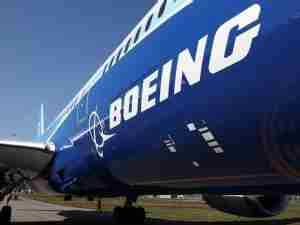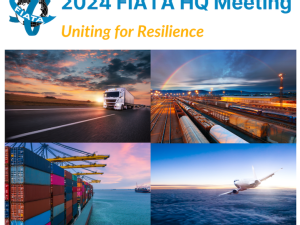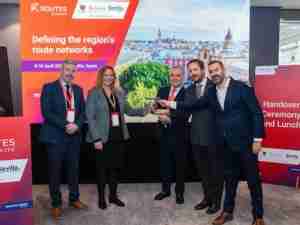By Peter A. Buxbaum, AJOT
Major air cargo carriers may be scrambling to cooperate with the US Justice Department in order to obtain leniency or amnesty in connection with a wide-ranging investigation of a conspiracy to set fuel surcharges. According to others, they may be cooperating because they have nothing to hide.
On February 14, law enforcement officials from the United States, the European Union, and South Korea simultaneously descended on the offices of major air cargo carriers armed with search warrants and subpoenas seeking information with regard to an alleged conspiracy to fix fuel surcharge levels. Implicated in the investigation are Lufthansa, British Airways, Air France-KLM, Scandinavian Airlines, Japan Airlines, American Airlines, United Airlines, and Korean Air.
Meanwhile, the Wall Street Journal reported on March 8 that Lufthansa agreed to cooperate with US and European investigators in an effort to immunize itself from prosecution. Lufthansa refused any further comment on this matter to the AJOT.
Other airlines have acknowledged the existence of the investigation and their cooperation. 'British Airways Plc received a request for information from both the European Commission and the United States Department of Justice relating to alleged cartel activity involving British Airways and a number of other airlines and cargo operators,' said a company spokesperson. 'British Airways is assisting the European Commission and United States Department of Justice with their investigation.'
Ulrik Marschall, a spokesperson for Scandinavian Airlines acknowledged, 'The EU Commission conducted an unannounced inspection of SAS Cargo in Copenhagen on February 14.' The raid, he said, was 'part of an extensive investigation of suspected antitrust violations in the airfreight business. A similar investigation by US authorities is also under way.'
'In my experience, it is common for customers to complain about price increases when they occur on a uniform basis under circumstances where it is not economically logical,' said Ray Hartwell, an antitrust attorney and partner in the Washington law firm of Hunton & Williams. Hartwell is not currently involved in the case, but said he has had discussions with a number of involved parties.
Satish Jindel, a Pittsburgh-based air cargo consultant pointed out, however, that fuel price surcharges have been in place for quite some time. 'They didn't start last year, but they were more pronounced last year because of the high level of fluctuation in rates,' he said.
According to Hartwell, companies that are subjects of antitrust investigations are under great pressure to evaluate whether they have exposure and to explore the possibility of cooperation in exchange for leniency if they do. 'Since 1993, the antitrust division of the Justice Department has had a policy that the company that's the first one in the door to provide evidence of a violation has the opportunity to obtain amnesty,' he explained.
Hartwell believes that the Wall Street Journal report, 'suggested that Lufthansa has brought, or will bring, evidence to support the prosecution of industry companies and executives.'
Jindel provides another perspective. 'I would be surprised if any of the companies were not cooperating,' he said. 'To not cooperate just raises more doubts. At this point we don't know if Lufthansa came forward early on to get immunity, or because they said, 'Let's just cooperate.''
Proving an actual agreement
Companies that receive subpoenas or search warrants need to first assess their exposure to potential charges, according to Hartwell. 'They will normally conduct an internal investigation,' he explained. 'Company lawyers will interview people and review documents to determine what happened and assess company exposure. Along the way they may learn of individual executive exposure. It is common and advisable for executives to retain their own counsel at that point.'
To mak











